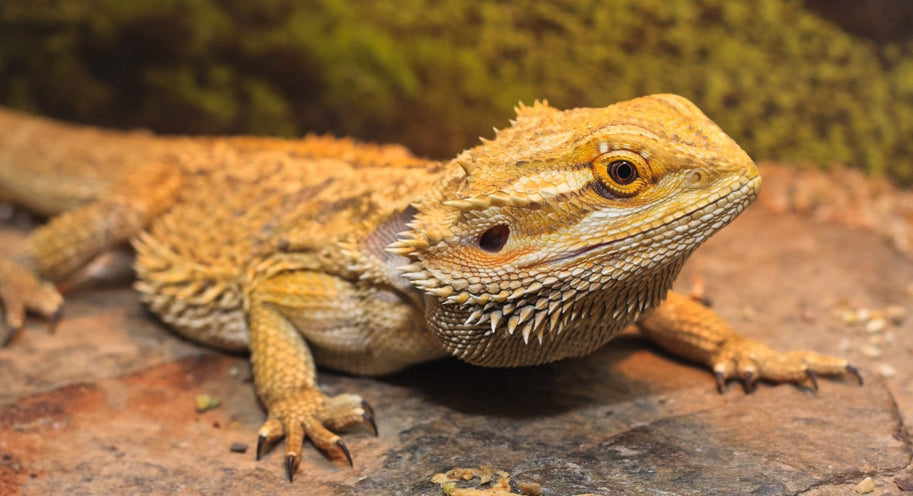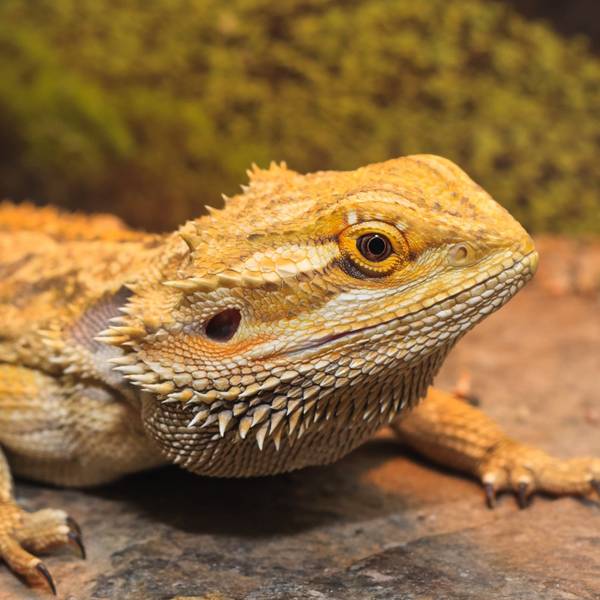With the recurrence of winter, colder temperatures and rain are imminent. This is a great time for us humans to enjoy more time at home in front of the fire and with our family. Our pets also love this time when they can enjoy the warmth of the house and the extra attention from family.
Some mammals go into a state of Hibernation throughout winter. This is a time of sleep or dormancy, with a decrease in metabolism of up to 95% in some mammals.
Reptiles go into a state of brumation throughout winter, which is more like a time of fasting and less activity than a time of sleep. Reptiles need to remain active during winter (to thermo regulate).
Being coldblooded animals, whose body temperatures adjust to the environment around them, require supplemental heat for proper digestion, immune function and metabolism.
A reptile who may not need additional heat from an over-the-tank heat bulb or an under-the-tank heating pad during the summer may need these added heat sources during winter.
Let There Be Light
In addition to warmth, nearly all reptiles require ultraviolet (UV) light to produce vitamin D in their skin. This enables them to absorb calcium and phosphorus from their food. Though many reptiles are brought outside into direct sunlight during warm months to fulfill this need, colder weather makes that impossible. Since glass filters out UV rays, placing the tank near a window isn't adequate either. You should provide direct UV light with a UV bulb designed specifically for reptiles that shines over the cage for 10 to 12 hours each day. Depending upon the manufacturer, the bulb must be changed every 6 to 12 months to ensure proper UV exposure. The onset of cold weather is a perfect time to check that your UV bulb is fresh.
Scaly Skins Need Moisture
With cold weather comes dry air. Most reptiles rely on environmental humidity to stay hydrated and shed their skin. Without adequate humidity, reptiles, including snakes and several species of lizards, can become dehydrated and sick and may retain large sections of skin when they try to shed. If the air in your home gets really dry in cold weather, mist your reptile (or soak him in a shallow bowl of warm water) several times a week. Provide a shallow bathing dish into which he can crawl.
Need to know more? Find your nearest Just For Pets store here.






